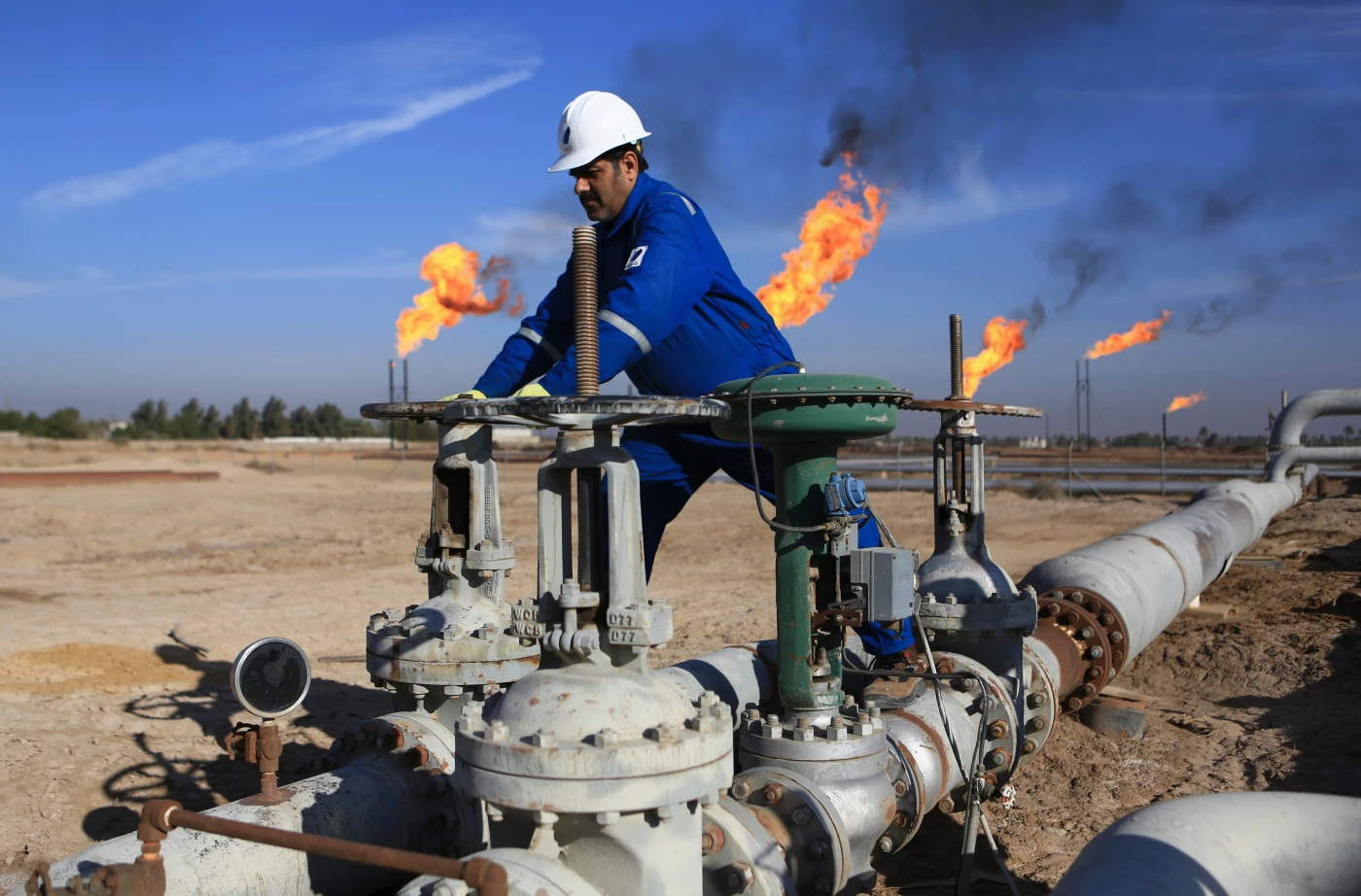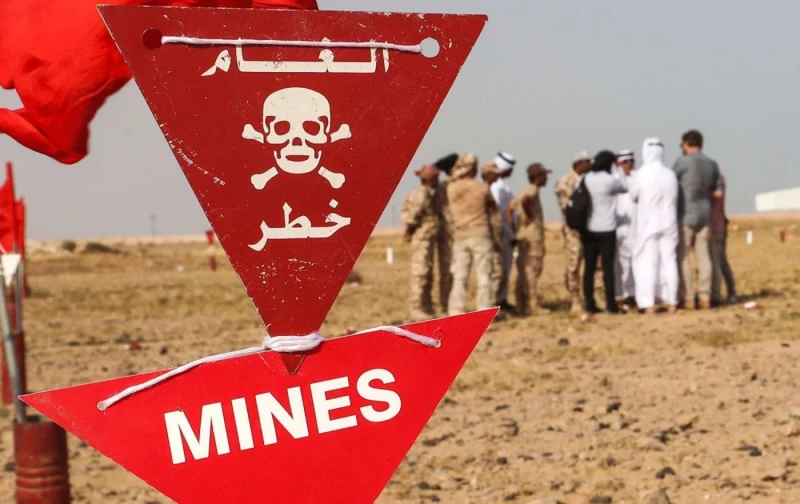ERBIL, Kurdistan Region of Iraq - Iraq’s State Organization for Marketing of Oil (SOMO) on Tuesday announced that the deal between Baghdad and Erbil to restart oil exports from the Kurdistan Region has “reached its final stages.”
"The agreement has reached its final stages, as we have reached a solid mechanism for implementing it and pumping the produced quantities from the region. We are awaiting the pumping procedures after all the details are finalized,” SOMO chief Ali Nizar told state media.
He lauded Erbil and Baghdad’s “great efforts” to reach the agreement, stressing that SOMO has “worked to reassure” international oil companies operating in the Kurdistan Region that their dues will be paid in accordance with the agreed guarantees.
“The government will soon announce the date [of resuming exports] following the official signing of this agreement,” Nizar said.
On Tuesday, Kurdistan Region Prime Minister Masrour Barzani met Joshua Harris, charge d’affaires of the US Embassy in Baghdad, and US Consul General in Erbil Wendy Green.
They stressed “the need to resume oil exports as soon as possible and emphasized the importance of the federal government providing the Kurdistan Region with salaries and financial entitlements,” according to a Kurdistan Regional Government (KRG) statement.
A tripartite agreement to resume the Kurdistan Region’s long-stalled oil exports was signed Monday between Erbil, Baghdad, and oil companies.
Oil companies were originally set to receive $16 per barrel produced, but they will now receive crude oil as per their request to guarantee payments, The New Region understands.
Exports of the Kurdistan Region’s oil through the Turkish Ceyhan pipeline were halted in March 2023 after Ankara lost a case against Baghdad in a Paris-based arbitration court. The case accused Ankara of breaching a 1973 agreement by allowing the KRG to start selling oil independently of Baghdad in 2014.
The dispute between Erbil and Baghdad over oil exports, in addition to the mechanism of sharing the KRG’s non-oil revenues, has propped up a budgetary conflict between the two sides, leading to years of sanctions on the KRG by the Iraqi government, the latest of which came in May, when Iraqi Finance Minister Taif Sami notified Erbil that the federal government will suspend funding the Region’s civil servant salaries.
Civil servants in the Kurdistan Region received their salaries for June in September, while July and August salaries have yet to be funded by the Iraqi government. The KRG has repeatedly reiterated that they have “more than fulfilled” the obligations relating to finding solutions with Iraqi authorities.



 Facebook
Facebook
 LinkedIn
LinkedIn
 Telegram
Telegram
 X
X


